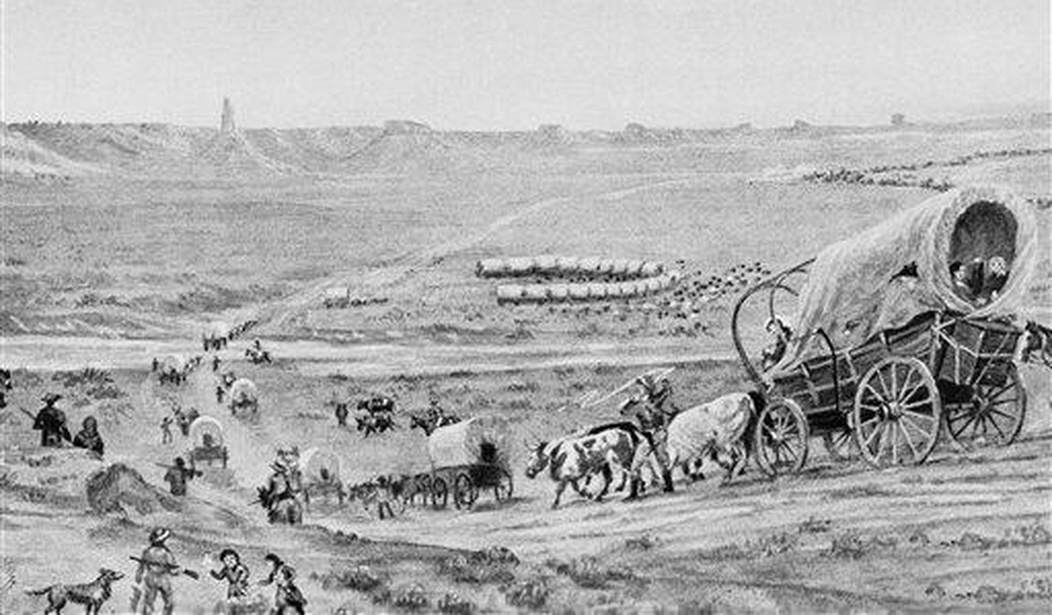A lecturer of Native American and Indigenous Studies at Indiana University–Purdue University Indianapolis (IUPUI), Charmayne “Charli” Champion-Shaw, created a hallway display that appeared on a bulletin board for most of the school year, according to Campus Reform.
“Christian privilege is the idea that Christians receive inherent advantages in society (in school, in the workplace, and in public places) due to the perception that Christianity is status quo, while other religions are not. As a result, other religions or attitudes about religion are marginalized, overlooked or ignored altogether, or even perceived as troubling, problematic, or suspicious,” the display stated.
“That is the heart of Christian privilege: benefits that apply to one group of people (Christians) that other groups don’t receive.”
Slaughtered by Romans.
Slaughtered by Muslims.
Slaughtered By #TransTerrorism.#ChristianPrivilege.@PurdueUnivChair@campusreformhttps://t.co/yI5Aa4wSes— Michael Kuffar ✝️☮️ (@BetrCutlerLoose) June 2, 2023
Champion-Shaw wasn’t finished. In fact, she was just getting started.
“Christian privilege is directly connected to white supremacy and settler colonialism,” she posted. “Christianity is too often seen as synonymous with moral goodness,” and “To wield Christian privilege is often to weaponize religion against non-Christians.”
You just had to know that the dingbat would find room on her grievance board to bring up “white supremacy.” And saying that “Christianity is too often seen as synonymous with moral goodness,” is axiomatic. The whole point of Christianity is embracing “moral goodness” as a way of life.
Related: Christian Teacher Banned in the UK for Standing up for Truth
I don’t think Champion-Shaw likes Christianity or Christians very much.
The poster also provided students with a “Christian Privilege Checklist” to examine if they exhibit this phenomenon themselves. Examples included “Music and television programs pertaining to your religion’s holidays are readily accessible,” “You can worship freely, without fear of violence or threats,” and “A bumper sticker supporting your religion won’t likely lead to your car being vandalized.”
Champion-Shaw even featured a personal anecdote about how a Christian group that was “allowed to operate” at lunchtime when she was in the 9th grade was an example of “the weaponizing of Christianity.”
Champion-Shaw also has a rather biased view of what exactly “Manifest Destiny” meant.
“If murdering people and forcing them to commit to your religion while you take over their lands and try your hardest to stamp out their culture isn’t the apex of privilege, I don’t know what else is,” she wrote.
That’s the third-grade version of Manifest Destiny, and any reasonably intelligent and well-read high school kid could drive a truck through the holes in that fairy tale. For the record, Manifest Destiny was a goal, never really government policy. It was a cultural belief, a quasi-religious expression of God blessing this land and making it inevitable that the United States would span the continent of North America.
There was enormous pushback against Manifest Destiny. The Whig Party made it a major plank in their platform to oppose it and Abraham Lincoln became one of its most prominent opponents.
And that’s the problem with telling history with stick figures. This Reductio ad absurdum argument might work with ignorant college kids but it hardly passes academic muster.
In compliance with federal law, Indiana University’s non-discrimination policy states that the school prohibits discrimination against any race or religion.
It is unknown whether the bulletin board will reappear during the fall semester.
Neither the IUPUI Office of Government Relations, nor the IUPUI Office of Diversity, Equity, and Inclusion responded to Campus Reform’s request for comment. This article will be updated accordingly.
Rules are for little people and if IUPUI says that Christianity is the same as white supremacy, then by God, no one can tell them differently.










Join the conversation as a VIP Member